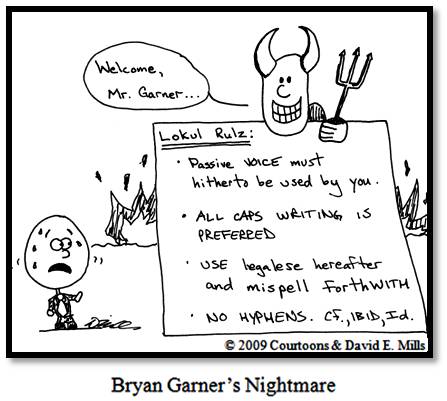 Information and resources on authorized skills and authorized research methods. Writing Analytically: Focusing the authorized reader; ensuring points and thesis statements help the reader; organizing logically; analyzing, quite than describing, the authorized downside; utilizing authority, quite than writing around it; making an argument, moderately than reporting; synthesizing materials, relatively than listing it.
Information and resources on authorized skills and authorized research methods. Writing Analytically: Focusing the authorized reader; ensuring points and thesis statements help the reader; organizing logically; analyzing, quite than describing, the authorized downside; utilizing authority, quite than writing around it; making an argument, moderately than reporting; synthesizing materials, relatively than listing it.
Students could satisfy the writing requirement by finishing two shorter pieces of writing in two different classes (Possibility B”) that would take a wide range of forms (together with, for instance, briefs, motions, contracts or transactional documents, coverage analyses, or a sequence of response papers in a seminar or colloquium).
The scholars discover ways to analyze the results of their analysis, the right way to predict an consequence for a legal downside based on their research, and how you can convey their prediction to a supervising legal professional in a manner that meets the needs of a regulation-trained reader.
Developed by Professor Robin Nilon, a Ph.D. who has labored with international legislation students for many years, Temple’s writing curriculum supplies legal professionals skilled outdoors the U.S. with authorized research and writing skills important to handling legal issues in a world context.
For instance, legalese generally uses doublets and triplets of phrases (e.g., “null and void” and “dispute, controversy, or declare”) which may appear redundant or pointless to laymen, but to a lawyer may mirror an essential reference to distinct authorized ideas.

